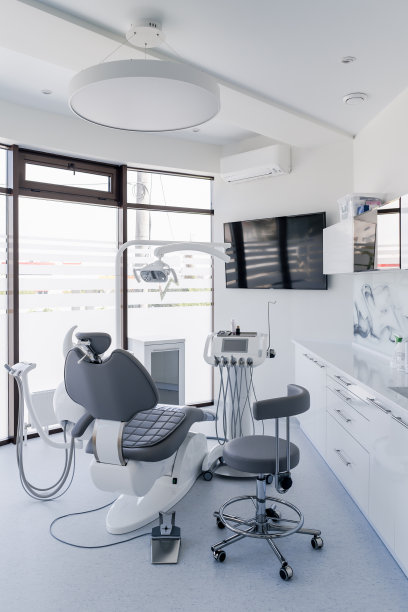Essential Guidelines and Precautions to Follow Before and After Your Dental Filling Procedure for Optimal Oral Health
Summary: Preparing for a dental filling procedure involves understanding essential guidelines and precautions that upholds optimal oral health. Before the appointment, patients should communicate openly with their dentist, ensure proper pain management, and arrange transportation if necessary. Following the procedure, special care in oral hygiene, dietary choices, and follow-up care becomes essential for successful healing. By adhering to these steps, patients can minimize discomfort and enhance the effectiveness of the filling, leading to improved dental health and longevity. This article will delve into these critical aspects of dental care, offering practical tips for both before and after a dental filling.
1. Communicate Effectively with Your Dentist

The foundation of a successful dental filling procedure begins with effective communication with your dentist. Patients should openly discuss any dental anxieties or concerns before the appointment, allowing the dentist to tailor the treatment to alleviate fears. Understanding the different types of fillings available and their longevity can also help in making informed decisions about your dental care.
Additionally, informing your dentist about any medication or allergies is crucial. This can help prevent potential complications during the procedure. Patients should also ask about the steps involved during the filling process to know what to expect, which is essential for reducing anxiety.
Lastly, don’t hesitate to bring up any past dental experiences, good or bad. Your dentist can take your experiences into account and may adjust the approach to ensure you feel comfortable throughout the treatment.
2. Ensure Pain Management Before the Procedure
Effective pain management is crucial for a smooth dental filling procedure. Discussing sedation options with your dentist is important, especially for those with dental anxiety. Some may benefit from nitrous oxide (laughing gas), while others may require local anesthesia to numb the area being treated.
Furthermore, it’s advisable to take any prescribed pain relievers as directed before the appointment. Over-the-counter medications, such as ibuprofen, can help minimize discomfort and swelling post-procedure if taken beforehand as instructed. Ensure to follow your dentists specific recommendations regarding pain management.
Potential patients should also consider scheduling their filling appointment for a time when they can afford to rest afterward. Planning for some downtime after the procedure can help manage discomfort and promote healing, making it easier to cope with any lingering pain.
3. Follow Care Instructions After the Procedure
Post-filling care is just as vital as the preparations before your dental appointment. Patients should follow their dentist’s post-procedure instructions closely for optimal healing. This includes avoiding hard, sticky, or chewy foods for a few hours after the procedure to prevent damage to the new filling.
Furthermore, its advisable to wait until the anesthesia has completely worn off before eating or drinking to avoid accidentally biting your cheek or tongue. Soft foods, like yogurt or applesauce, can be a great choice while recovering.
Maintaining proper oral hygiene is also integral during this healing process. Gently brushing and flossing around the area of the new filling is essential but be sure to avoid the area immediately after treatment to allow it to set. Rinsing with warm salt water can also help reduce inflammation and promote healing.
4. Schedule Follow-Up Appointments
Regular follow-ups with your dentist are key to ensuring the longevity and effectiveness of your dental filling. Scheduling a check-up can help monitor the filling and surrounding teeth, ensuring there are no complications or infections.
During these visits, patients can consult their dentist about any discomfort or changes they experience. Early detection of issues can prevent further damage and costly repairs down the line.
Additionally, follow-up appointments can be a great opportunity to discuss your overall oral health and explore potential preventive measures. This can include discussions about dental hygiene practices, dietary choices, and maintaining regular cleanings to prolong the health of your new filling and your overall oral health.
Summary:
In conclusion, adhering to essential guidelines and precautions before and after a dental filling procedure is crucial for optimal oral health. From effective communication with your dentist to managing pain and following post-procedure care, each step plays a vital role in ensuring a successful treatment. Dont forget the significance of regular follow-up appointments to maintain the effectiveness of your dental fillings and overall dental health. Prioritizing these measures will lead to healthier teeth and a brighter smile.
This article is compiled by Vickong Dental and the content is for reference only.



